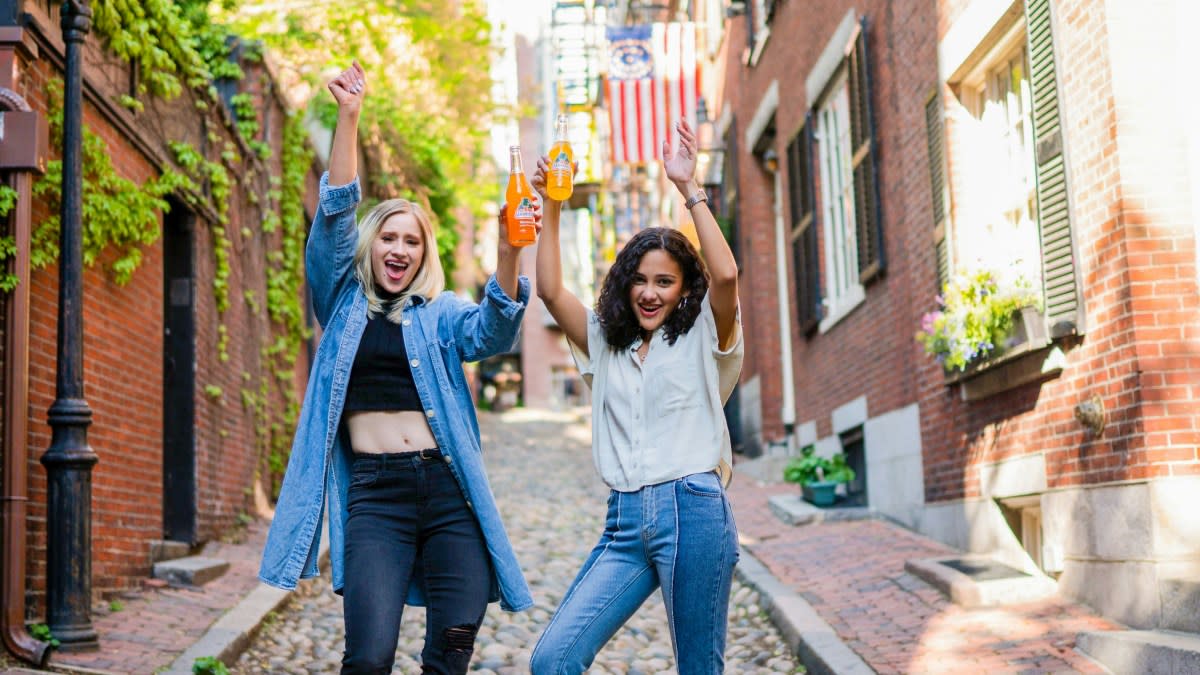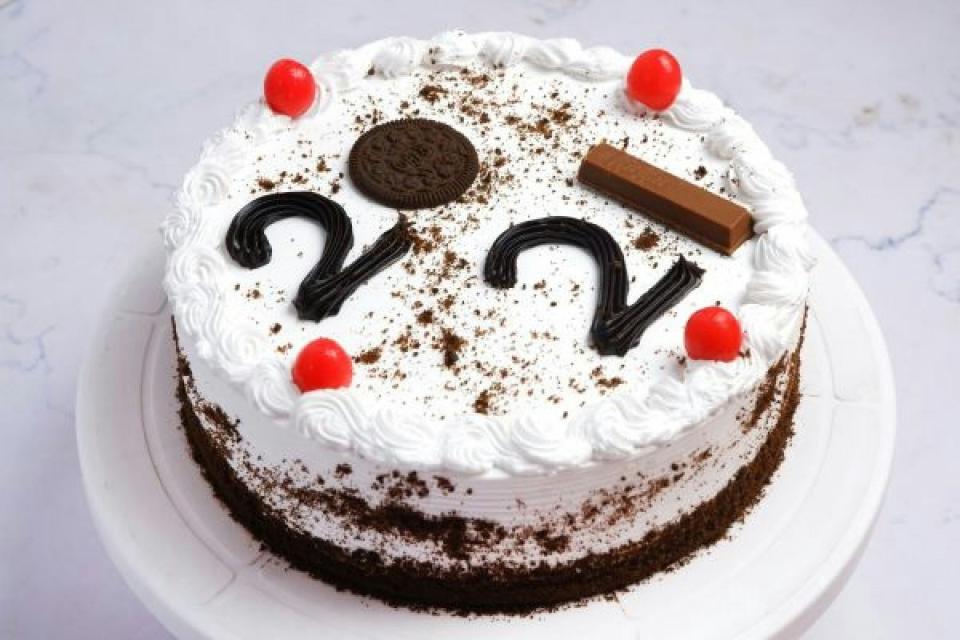Romancing People Who Pass Legal Drinking Age with Wine

Courtesy of Unsplash | Photo from Jarritos
A few years ago a friend of mine, who worked in a college career center at the time, invited me to offer a “Wine 101” workshop to a group of graduating seniors and their parents.
The following year, also during graduation season, that same friend asked if we could organize a workshop around “How to Talk to a Sommelier.”
Yes, and yes.
Her goal with both of those workshops, she said, was to equip those young people (those aspirational and freshly employable young people) with some knowledge of wine as a “soft skill” as they entered the job market.
It’s a fantastic idea, and a right one. At some point during their upwardly-mobile careers, these young people are likely to be taking a client out for dinner, and they will be handed the wine list. My friend envisioned her students handling that situation with confidence and savvy.
This week I’m remembering my friend and those workshops for two reasons. First, it’s graduation season and an enthusiastic, responsible introduction to wine makes for a creative, fun, unorthodox gift for the new “LDA” (Legal Drinking Age) people in our lives. And second, those LDA people are exactly the ones who the wine industry, myself and Matthew included, need to romance.
I choose the word “romance” very intentionally. You may have seen the sky-is-falling headlines that “wine consumption is down!” among younger consumers or even that “no amount of alcohol” is good for you. Those claims are painful to hear, partly because the research is flawed but largely because they entirely miss the variable of pleasure.
Rather than skepticism or question marks about wine, we want to evoke the romance of it, particularly among young people. Rather than the newly-LDA consumers out there reaching for any of the growing number of alternatives to wine, we want them to identify first as someone who loves wine.
We can do that gently. Responsibly. Evocatively. And with a whole lot of pleasure.

Courtesy of Unsplash | Photo by warm oven
I remember turning 21 like it was yesterday.
It wasn't actually yesterday, it was 20 years ago now. wow.
I had been going to bars in Santa Barbara with a fake ID for years, and walking into The James Joyce in Downtown SB I had a huge smile on my face, and I couldn't wait to present my legitmate government issued ID to the head bartender, Patrick, who was a legend in SB nightlife.
He made me pay, rightfully so. As you can imagine, I put him in a weird position admitting that I had been drinking in the bar under age prior to THAT SECOND. So he made me take THREE "3 Wise Men" shots. If reading that made your gag reflex contract, you know what a 3 Wise Men shot is! If not, I'll allow you to google it.
And important thing to point out here is there was no wine drank for my 21st birthday.
My reality was a weird one, growing up in Santa Barbara which is such a big drinking city, that is also a world-famous wine region. I had been inspired to get into wine during my college years by a roommate's father who is a massive wine collection and all around amazing man. At 21, I knew more about wine than most people my age.
So how do we account for those coming of legal drinking age, and their drinking habits?
Wine is not the most economical option. Compare the average bottle price next to a case of beer, bottle of vodka/gin/tequila/whiskey, or what's popular nowadays such as a case of ready-to-drink or seltzers. It's daunting.
But we know that as people grow older and get more disposable income, they are more likely to seek wine out as a drinking option.
Another strong point worth mentioning is that of health The message needs to become consistent. We need to let humans young and old know with confidence whether or not a glass of wine is a viable option to remain healthy. This inconsistency of message we are seeing from health organizations is clouding the thought process of many. The younger generation seems to be fine with writing off drinking entirely.
I recommend following the data and teachings of Dan Buettner, famous for his studying of Blue Zones which turned into a popular Netflix Documentary, Live to 100: Secrets of the Blue Zones. In his interviews about those who live to 100 years or older, Buettner always mentions that their diets consist of two daily glasses of wine. The only exception being the Seventh-day Adventists in Loma Linda, California who do not drink alcohol, and can live up to 10 years longer than the average American.
We all want to be setup for healthy success in our lives, and while abstaining entirely from alcohol may be seen as more healthy, its definitely a less social option. That important detail is another determinant of those apt to live to 100, being social.

